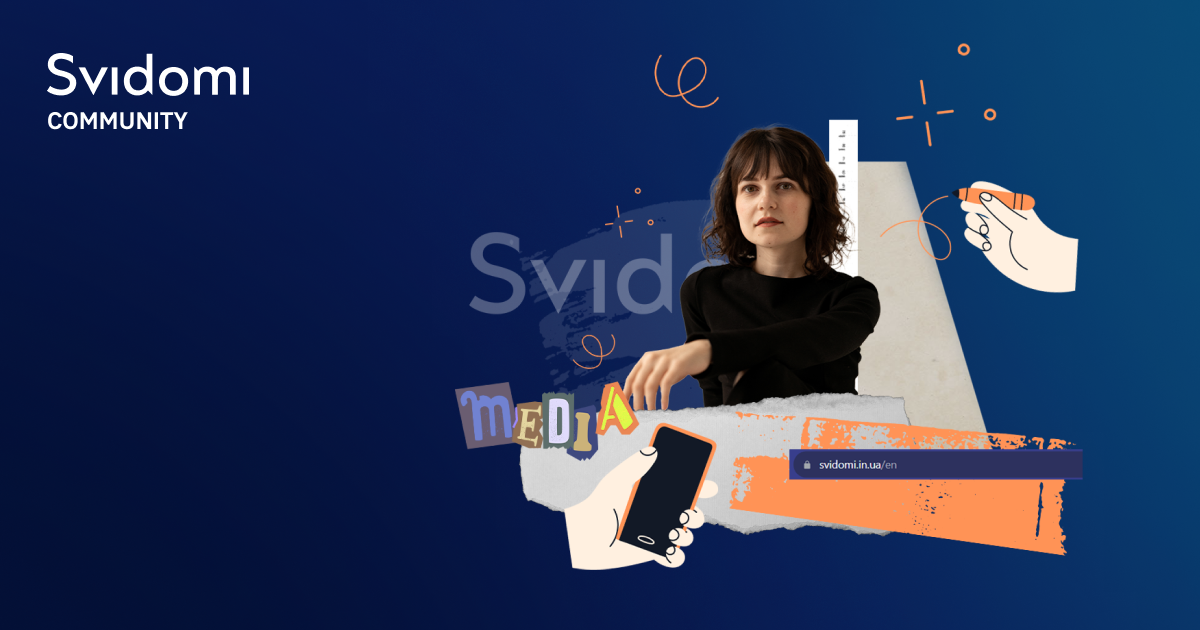Starting a media outlet at 20: How did Svidomi begin?

On November 16, the online media outlet Svidomi celebrates its 5th anniversary – 5 years of working with complex social and political issues during the pandemic and full-scale war.
You can see our changes every day: either big ones like switching formats and colours, or small ones like analysing what and how to write. But do you know how the media began?
Anastasiia Bakulina, founder and CEO of Svidomi, shares her story of creating the media at 20 and what she has learned since then.
When asked: "What advice do you have for people who want to start a media outlet?" I respond jokingly but with a grain of truth: "Don't."
When I was 20, I started a media outlet with no money, no journalistic experience, and no vision. I had only an idea, values and youthful maximalism — I wanted to change the attitude of young people toward the news and make them more conscious. Hence, by the way, the name — Svidomi means "conscious" in Ukrainian.
How did I come up with the idea to create the media outlet? First, I spotted a problem: Ukrainian youth don't read the news. Then, I interviewed people to find out why they don't read and how to change this. I educated myself and created a blog at that time (because I had a clear conviction that only people with a journalism degree can create media). The first media format consisted of five news stories a day on Instagram — a number and platform that would not discourage reading.
The first challenge was journalism. I hardly understood anything and was not confident, so I slowly delved into the process of writing something more extensive than news. As the blog grew, the next challenge was to assemble a team that needed to be motivated to work as volunteers. This is how a cohort of enthusiasts of 20 people got together.
When the funding issue arose, we had been around for three years, and there were only a few months left before the full-scale invasion. With the outbreak of the full-fledged war, we received our first grant — but the work of the editorial office changed dramatically. We could no longer be a blog with a minimum amount of news. So we turned into a full-fledged media outlet — though still primarily working, fired with enthusiasm yet purely on it.
This year, we turn five. Among our achievements are a stable team, a new format and positioning, numerous collaborations with Ukrainian and international media, NGOs and government organisations, a podcast award, and the launch of a complex but essential topic for the whole world — decolonisation.
Behind all of this are people who were students only yesterday, and today, they make analyses of Putin's speeches, the transition of hostilities and the decisions of the West. We know what we are doing, and we are doing our job.
Please support us in this! It will cost you no more than $5. The link to Patreon is here.


